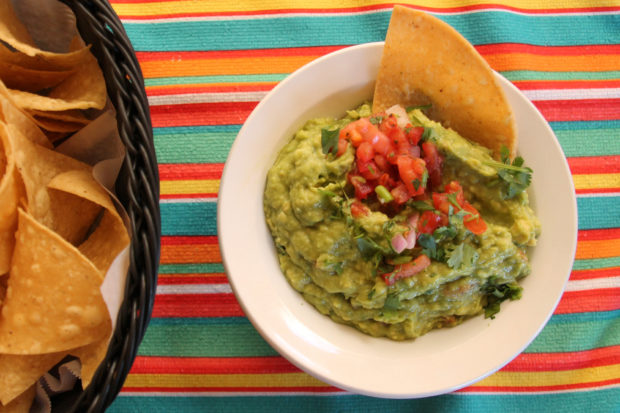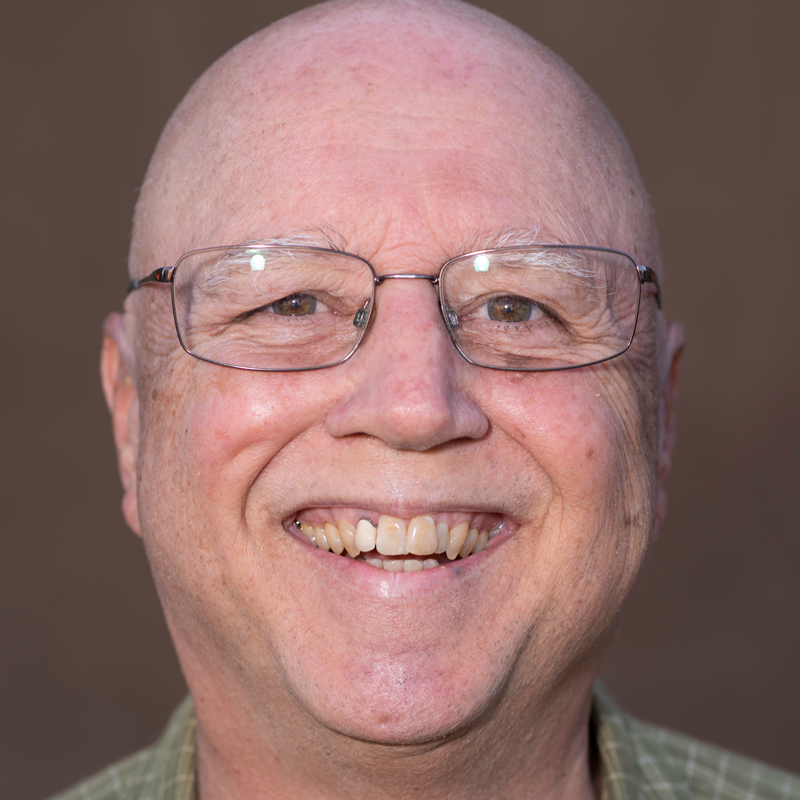
By Leonard Adame
Indians, in my 4th grade class, killed good White people, rode pinto ponies and salivated over White damsels in distress on The Lone Ranger show. But one day, probably Dec. 11 or 12, 1621, Indians joined the Pilgrims’ table for a day of Thanksgiving.
My teacher, Mr. Putler, a gentle, kind man with a perennially sad Shakespearean demeanor, intoned that we should be thankful to Washington and to God for our current blessings, which remained unnamed. And with sincere kindness, he also said Indians were invited to the first Thanksgiving because at one time, they were good souls who had taught the Pilgrims farming and how to survive blizzards and wild animals.
I was confused. How come Indians were bad guys on TV and movies but good guys in school?
Also confusing were the pictures of people at Thanksgiving dinners who all looked like Norman Rockwell knockoffs: gentle old ladies, fathers in white shirts and ties, mothers in starched dresses and kids freckled, washed and wearing expensive clothes I never had. And everyone smiled like satisfied nuns, the table brimming with peas and gravy and drumsticks and fat pies.
At our creaky table, there was a turkey and potatoes, yams and cranberry sauce, all nestled upon a lace tablecloth I saw only a couple times of year. We were dark-haired, brown-skinned and Spanish speaking. We had as many tortillas as we had biscuits and, alongside the gravy boat, a molcajete brimmed with a salsa that would have scorched the Pilgrims’ tongues.
We kids never sat placidly like in the painting. We raided the table, grabbing a drumstick here, a tortilla there and a biscuit for the hell of it. We were not freckled, and our clothes and shoes fresh were not out of Macy’s bags. But we ate gloriously in the front room, which so displeased my mother (kids, crumbs and stains go together like summer heat and sweat) that she threatened us with having to go to confession and doing penance until the sun went down.
On the wall, John Kennedy and La Virgen de Guadalupe beamed at us. My father spoke to my mother in Spanish, while my brothers and sisters yelled at each other in schoolyard English. Mariachi music moaned about lost love and betrayal in the background, as my older brother and my father chugged brewskies and talked about the eternal and wicked demands of their work. The people in Rockwell’s painting, I’m sure, didn’t speak Spanish or sing along to Mariachi music or eat tortillas, salsa and guacamole with their gravy.
In our own way, on those gray Thanksgivings, we were thankful for the warm and savory meal, that there was enough to go around and that relatives I rarely saw came around in a good mood, usually.
So I guess we were thankful.
But we never talked about Thanksgiving’s origin or about the Pilgrims’ suffering and how the Indians supposedly saved their butts. I didn’t know about the consequent discord that grew and grew as more and more Europeans murdered their way on to this continent. I didn’t learn this in the 4th grade, but much later in college multicultural courses. Of course, there was no first Thanksgiving, at least not in the way the myth says there was.
From the onset, Indians to the good Europeans were animals and/or demons. This was confirmed in early Pilgrim histories and in cowboy movies: Magua, Uncas, Geronimo and Crazy Horse, savages who preyed on righteous White people. So my confusion deepened. How could Indians, after being welcomed and fed by White people at the first Thanksgiving turn around and scalp ’em? Why would they later attack wagon trains of pious and brave pioneers who just wanted a patch of land and God’s eternal graces?
Such is the power of propaganda. Mr. Putler, that I remember, never mentioned the genocide of indigenous people. No doubt the curriculum didn’t allow him to, bleached as it was. He didn’t mention preachers heaving damnation at naked savages or the Bureau of Indian Affairs giving small pox-infected blankets to Indians trapped in concentration camps, where they slowly lost their minds, language, culture and ultimately children: Five-year-old boys were sent to eastern boarding schools where their hair was cut, their language was buried, they were served nauseating food and they endured teachers berating their lives and culture and telling them that they were subhuman and affronts to a White God.
So as another Turkey Day approaches, my family will gather. Our parents are no longer here, and for that I’m hopelessly sad. But if there’s thanks to be given, it is for their having, despite fistfights, arguments and the yearly untimely deaths of some of us, stayed together and gave us stability, love and plenty of drumsticks.
Either out of ignorance or willfulness, they never told us about the Indians and Mexicans and how they suffered or how the Whites slaughtered their way across the country chanting “manifest destiny” as if it were a psalm, claiming the land for God and themselves.
Now, I’m most thankful for the salsa recipes, for the Mariachi music they played, the steaming tortillas, for having the sense to come together and celebrate new babies and the fact that we’ve survived the worst of odds, unimaginable abuse and the idea that there is only one kind of people who deserve God’s graces.
*****
Leonard Adame has retired from teaching college English. He now plays drums in various bands, takes photographs, reads mystery novels to a fault and has published poetry in college anthologies. He most enjoys re-learning about human beings from his grandkids. Contact him at giganteescritor@hotmail.com.

